Boat Safety: Securing Your Vessel During Hurricanes
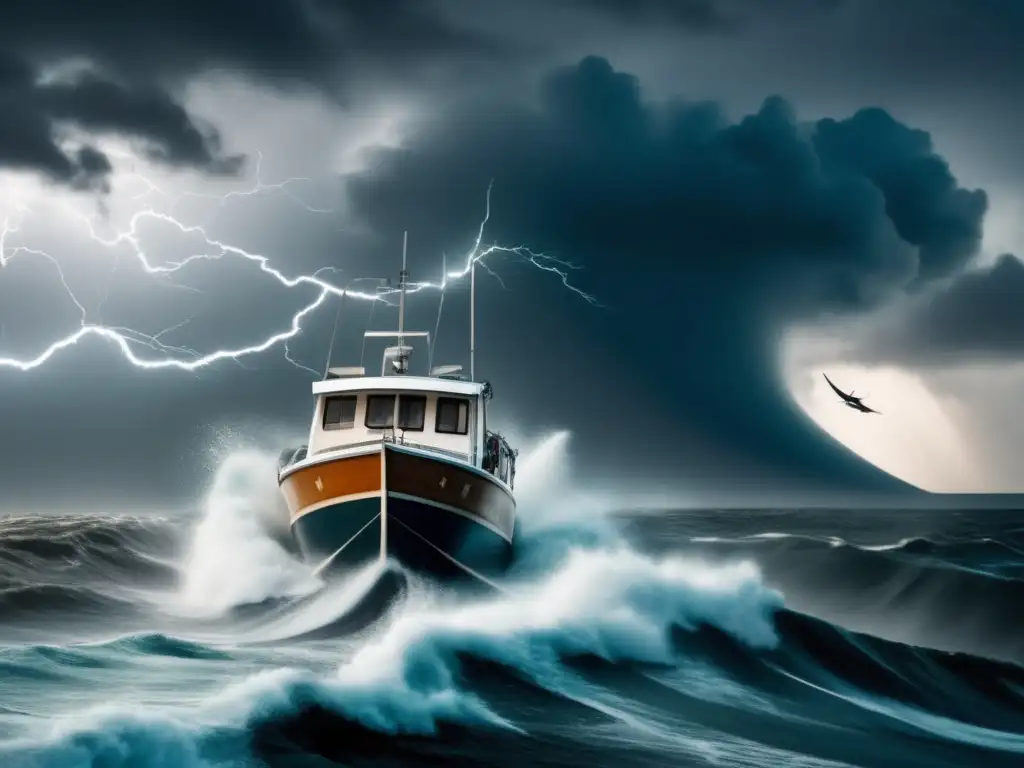
Boat Safety: Securing Your Vessel During Hurricanes
Introduction
Living in areas prone to hurricanes comes with a responsibility to prepare for the potential impact of these powerful storms. One crucial aspect of hurricane preparedness is ensuring your boat is safe during the storm. Boats and other vessels are often a significant investment, and securing them properly can save you from costly damages.
In this article, we will cover essential knowledge about boat safety during hurricanes. We will discuss how to prepare your vessel, what to do during the storm, and what steps to take after the hurricane has passed.
Preparing Your Boat for Hurricane Season
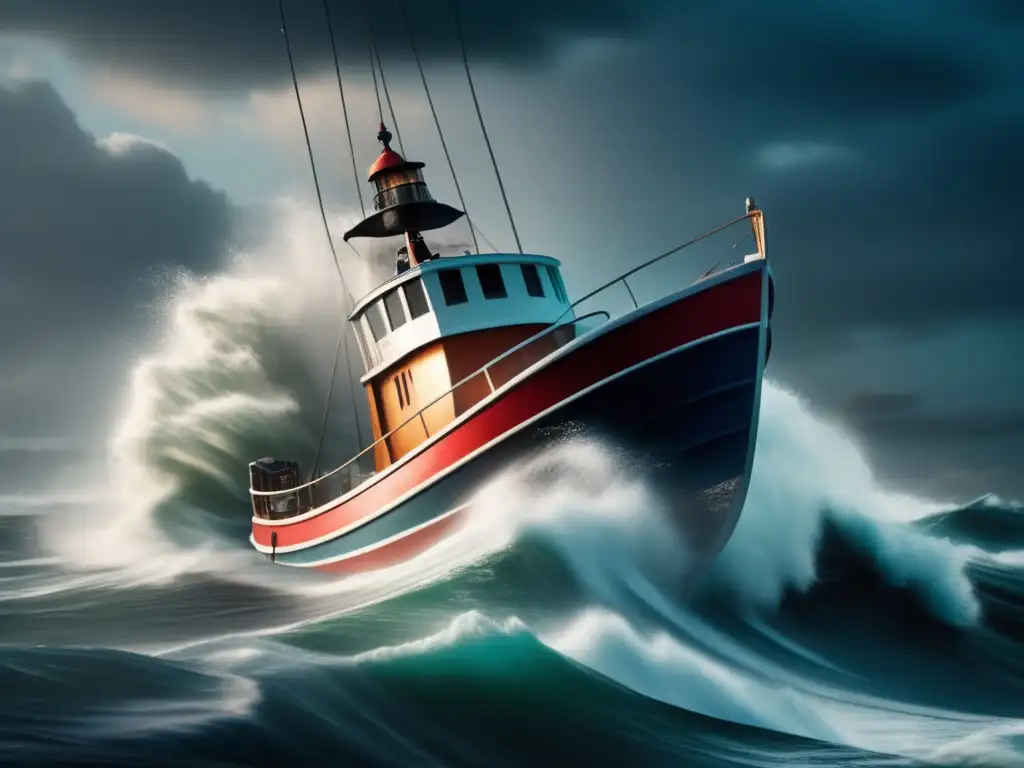
Create a Hurricane Plan
Having a clear hurricane plan for your vessel is crucial. A hurricane plan should outline procedures for when to evacuate, where to haul out, and how to secure your boat in its current location. Start by identifying hurricane-safe marinas or facilities, if possible. If staying at the dock is your only option, make sure that the pier meets the local building codes and is sturdy enough to withstand a hurricane's force. You should also consider installing a hurricane-rated anchor system to ensure that your boat remains in place.
Protect the Hull
Your boat's hull is the most vulnerable part of its exterior. To protect it during a hurricane, you need to remove everything on deck, including sails, canvas covers, and Bimini tops. These items should be stored inside the cabin or removed entirely. Secure all hatches, ports, and doors, and tape them shut with marine-grade tape. You can also apply a protective coating to your boat's hull to reduce wind resistance, making it less likely to tip over.
Remove Loose Items
During a hurricane, loose items on deck can become dangerous projectiles. Remove all loose items, including chairs, tables, cushions, and other loose gear. Store these items below deck or remove them entirely from the boat.
Securing Your Boat During the Storm
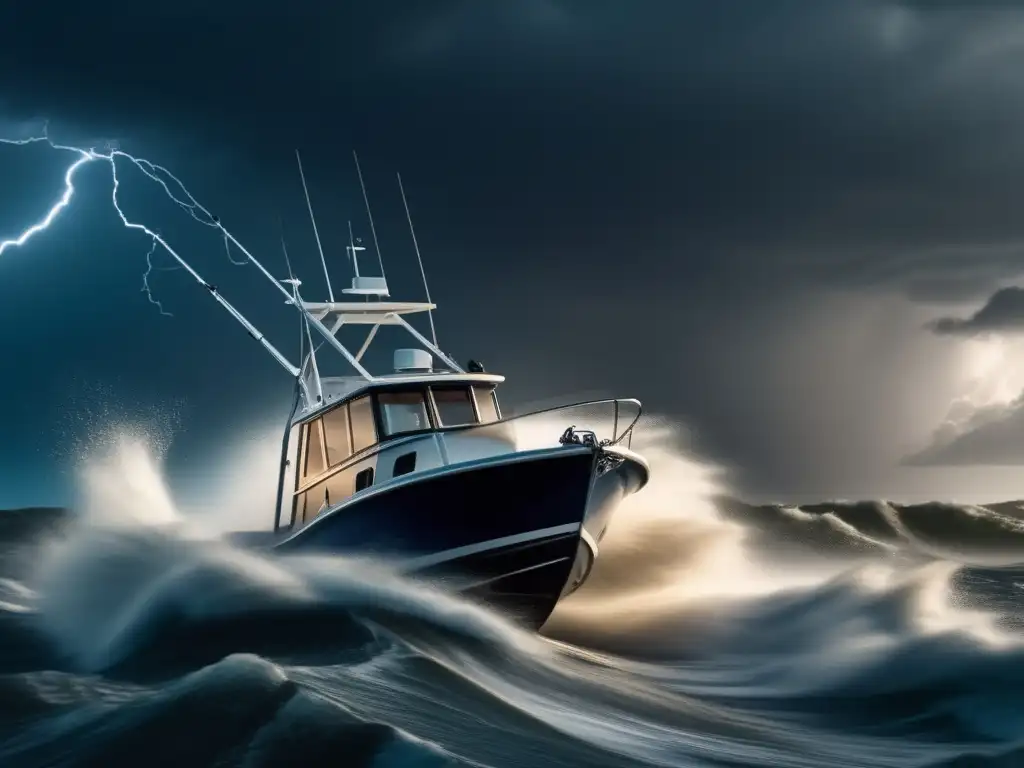
Choose the Right Mooring System
Choosing the right mooring system for your boat is crucial. A hurricane-rated anchor can withstand winds up to 100 mph or more. You should also ensure that the anchor line is of sufficient length to accommodate storm surge and wave action. You can use nylon lines stretched across the deck to reduce chafe and prevent the boat from moving off the anchor.
Use Fenders
Fenders are essential during hurricanes. These are inflatable cushions that you can place between your boat and the dock or piers to prevent damage from impacts and collisions with other boats.
Prepare for Storm Surge
Storm surges are a significant threat to boats during hurricanes. They can lift the boat out of the water or cause it to collide with other boats or structures. When preparing for a hurricane, plan for storm surge by tying the boat as high on the dock or piers as possible. Tie additional lines to pilings or other sturdy fixtures to secure the boat further.
After the Hurricane
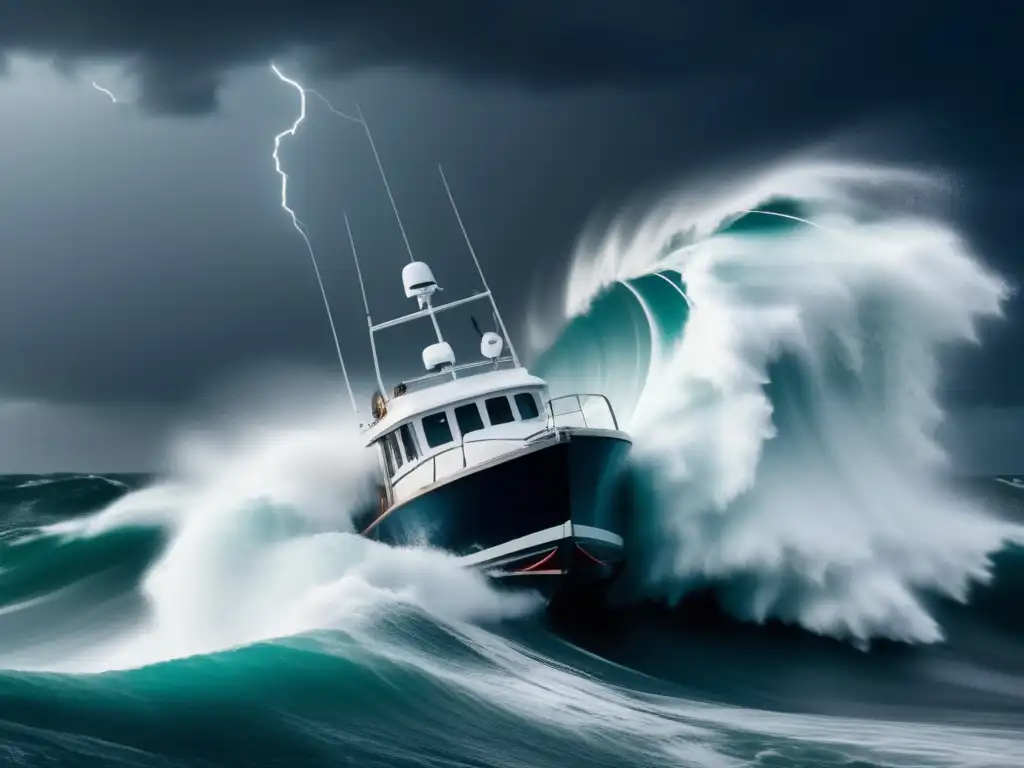
Assess the Damage
After the storm has passed, assess the damage to your boat. Check for leaks, broken or damaged components, and any other problems. If you find any damages, be sure to document them properly for insurance purposes.
Dry Out the Interior
If your boat took on water during the storm, you need to dry out the interior thoroughly. Use fans or portable dehumidifiers to remove moisture from the cabin and other enclosed spaces.
Clean the Exterior
Saltwater and debris can cause damage to your vessel's exterior during a hurricane. Clean the boat's exterior thoroughly, paying close attention to any crevices or hard-to-reach areas. Remove any debris that may have lodged in the bilges or other storage areas.
Frequently Asked Questions
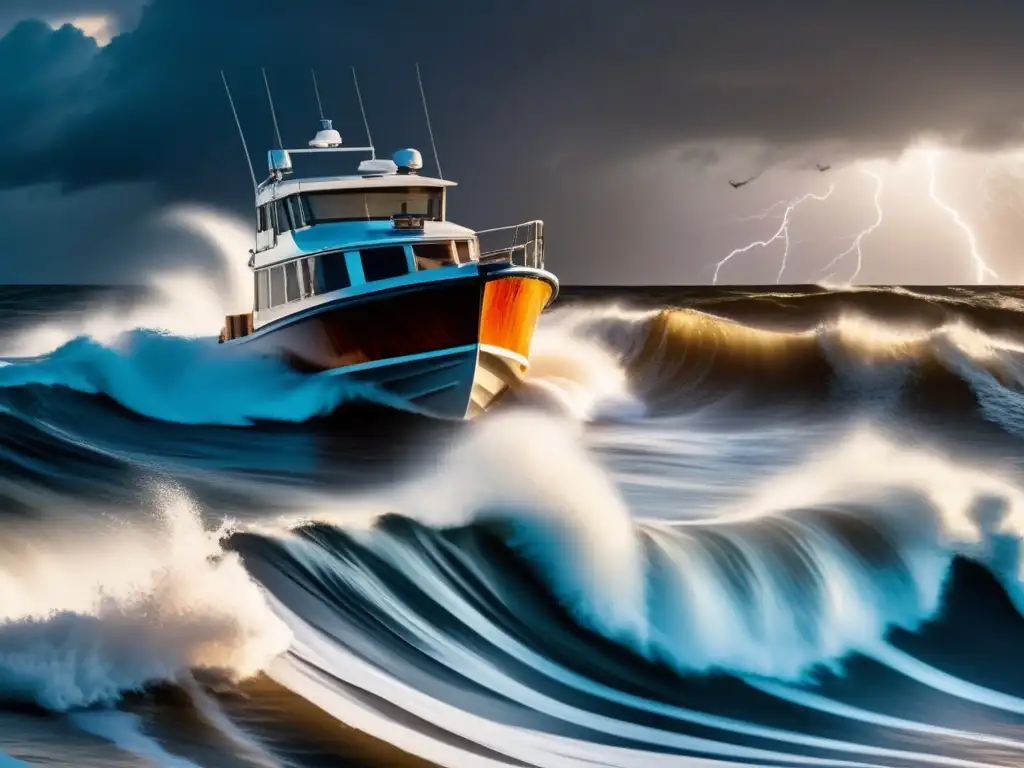
-
Can I secure my boat on dry land during a hurricane?
Yes. Dry land is often one of the safest places to store your vessel during a hurricane. Make sure to use jack stands or blocks to support the boat's weight and tie it securely.
-
Can I stay on my boat during a hurricane?
No. It is not safe to stay on a boat during a hurricane. Evacuate the boat and seek shelter on land.
-
Should I leave my sails up or down during a hurricane?
You should remove all sails and secure them inside the cabin before a hurricane. Leaving sails up can cause significant damage to your boat during high winds.
-
How often should I check my boat during a hurricane?
You should check your boat frequently during a hurricane, especially if you are staying at the dock or pier. Check the lines, fenders, and other securing devices to ensure they are still in place and secure.
-
What should I do if my boat is damaged during a hurricane?
If your boat is damaged during a hurricane, document the damage with photos and contact your insurance company immediately. Do not attempt to make repairs until you have spoken with your insurance adjuster.
Conclusion
Boat safety is crucial during hurricane season. Proper preparation can save you from costly damages and ensure your and your family's safety. Always have a hurricane plan in place, remove all loose items from decks, choose the right anchoring system, and properly secure the boat during the storm. After the hurricane has passed, assess the damage, dry out the interior, and clean the exterior.
At HurricaneInsider.org, we aim to provide comprehensive information on hurricanes and their impact. By following these tips and staying informed, you can be better prepared for hurricane season and its potential dangers.
Additional Resources
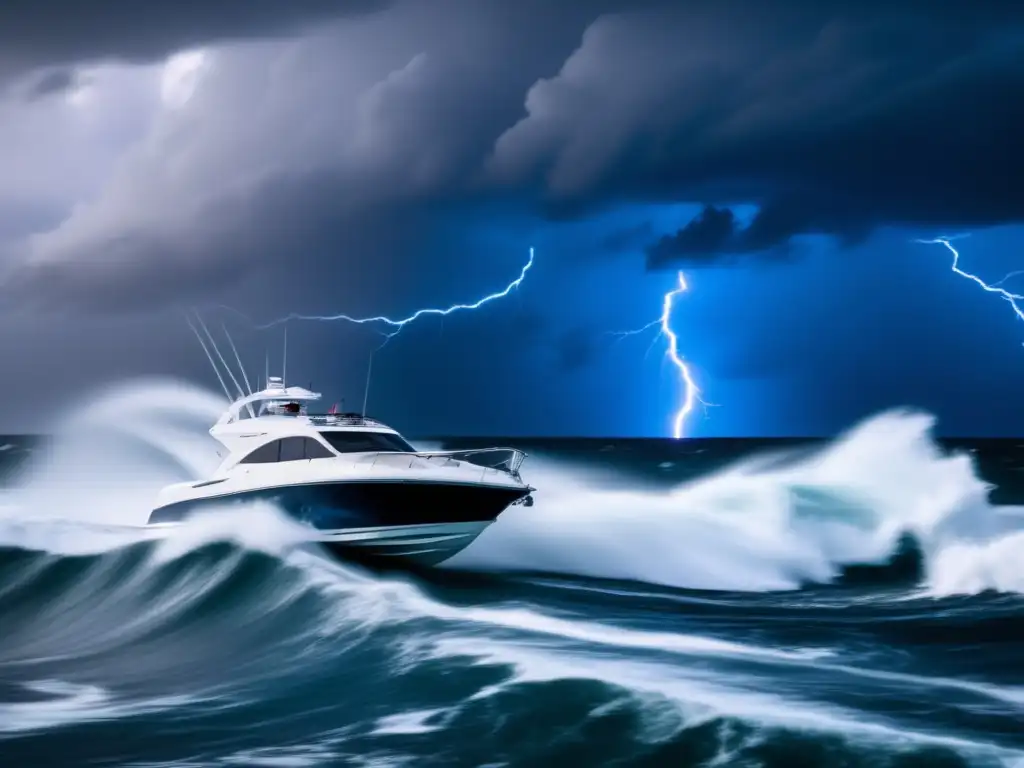
If you want to discover more articles similar to Boat Safety: Securing Your Vessel During Hurricanes, you can visit the Hurricane preparedness: category.
Leave a Reply




Articulos relacionados: